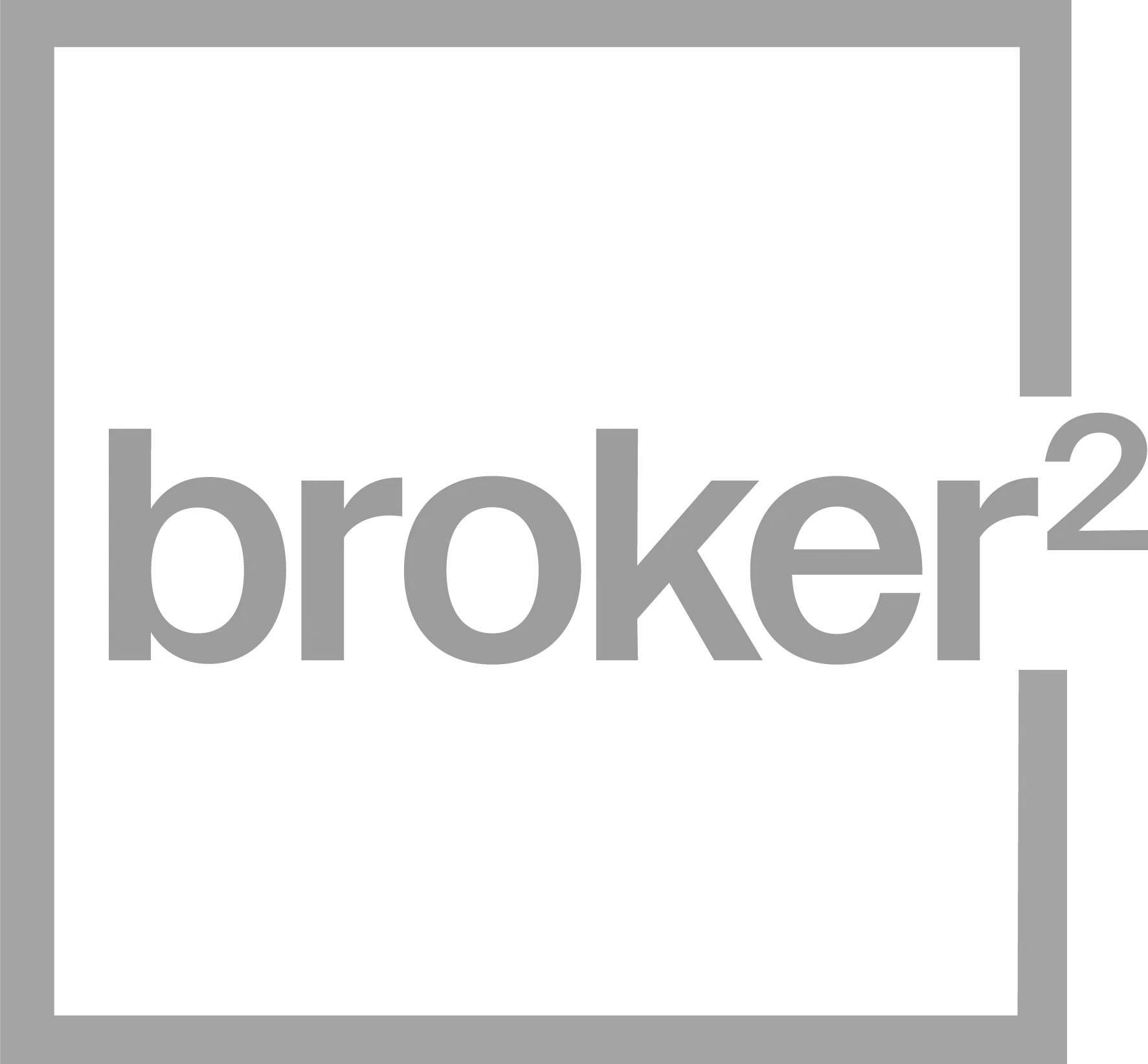Planning Ahead, A Guide to Mortgage Documentation
Tara Gentles • October 31, 2019

It doesn’t matter if you are looking to purchase your first home, your next home, or your twentieth home; typically the mortgage documentation required to secure financing will be the same. The earlier on in the process you can collect these documents, and provide them to your broker, the better.
So here we go, here is a list of the most common documents that will be required to secure mortgage financing.
Income Verification
Letter of Employment
- Written on company letterhead with a current date, your letter of employment should have your name, start date, position, and list whether you are full or part-time. It should also indicate your salary or the minimum guaranteed hours/week & hourly rate. The letter should be signed with the best contact information to allow for a verbal confirmation.
Pay Stub or Direct Deposit Form
- This will confirm your income, and should match what is written on the letter of employment.
T4 Slips
- Typically your last two years T4s should work.
Notice of Assessments
- Your previous two years of NOAs will help to establish your annual income. We will be looking at your line 150.
Financial Statements
- If you happen to be self-employed, having three years of financial statements or T1 Generals will be required.
Down Payment Verification
Bank Statements
- 90 days of bank statements are required to show that you have had the downpayment in your possession or have accumulated the funds through payroll deposits. You will want to make sure that your name and account number appear on the statements.
Gift Letter
- If all or part of the downpayment is coming by way of a gift, you will have to provide a letter signed by you and the person gifting the money. The amount written on the gift letter will have to be deposited to your bank and substantiated on the bank statements.
RRSP Statements
- If part of your downpayment is coming by way of RRSP, you will be required to provide a 90-day history from your RRSP account. If you are using the Home Buyers Plan, there will be an additional form to complete.
Agreement of Purchase and Sale
- If your downpayment is coming by way of a sale of another property, the contract indicating the sale price, and your current mortgage statement will prove the equity to be used for the downpayment.
Property Details
MLS Listing
- If you are purchasing a property through a Realtor, please have a copy of the MLS listing so we can verify the property details.
Purchase and Sales Agreement
- If you already have an accepted offer, please provide a copy of the purchase and sales agreement including all amendments and counteroffers.
Survey
- If you have one, send it along, if not, no worries.
Property Tax Assessment
- If you don’t have a copy of the most recent property tax assessment, one can usually be found on the local municipality/city website. The most recent assessment will be required.
Other Documentation
Solicitor or Notary Information
- Please provide the name of your lawyer/notary, the firm, and their contact information.
Mortgage Statement
- If you are doing a mortgage refinance, please provide a copy of your current mortgage statement.
VOID Bank Cheque
- This is the account that your mortgage payments will be withdrawn from. A pre-authorized debit form works just as well.
As each mortgage is different, the documentation to satisfy each mortgage will vary somewhat. This list is a great place to start, but please know that more documentation may be required depending on your specific financial situation.
If you have any questions, please don’t hesitate to contact me anytime!
Tara Gentles
CANADIAN MORTGAGE EXPERT

RECENT POSTS

Mortgage Registration 101: What You Need to Know About Standard vs. Collateral Charges When you’re setting up a mortgage, it’s easy to focus on the rate and monthly payment—but what about how your mortgage is registered? Most borrowers don’t realize this, but there are two common ways your lender can register your mortgage: as a standard charge or a collateral charge . And that choice can affect your flexibility, future borrowing power, and even your ability to switch lenders. Let’s break down what each option means—without the legal jargon. What Is a Standard Charge Mortgage? Think of this as the “traditional” mortgage. With a standard charge, your lender registers exactly what you’ve borrowed on the property title. Nothing more. Nothing hidden. Just the principal amount of your mortgage. Here’s why that matters: When your mortgage term is up, you can usually switch to another lender easily —often without legal fees, as long as your terms stay the same. If you want to borrow more money down the line (for example, for renovations or debt consolidation), you’ll need to requalify and break your current mortgage , which can come with penalties and legal costs. It’s straightforward, transparent, and offers more freedom to shop around at renewal time. What Is a Collateral Charge Mortgage? This is a more flexible—but also more complex—type of mortgage registration. Instead of registering just the amount you borrow, a collateral charge mortgage registers for a higher amount , often up to 100%–125% of your home’s value . Why? To allow you to borrow additional funds in the future without redoing your mortgage. Here’s the upside: If your home’s value goes up or you need access to funds, a collateral charge mortgage may let you re-borrow more easily (if you qualify). It can bundle other credit products—like a line of credit or personal loan—into one master agreement. But there are trade-offs: You can’t switch lenders at renewal without hiring a lawyer and paying legal fees to discharge the mortgage. It may limit your ability to get a second mortgage with another lender because the original lender is registered for a higher amount than you actually owe. Which One Should You Choose? The answer depends on what matters more to you: flexibility in future borrowing , or freedom to shop around for better rates at renewal. Why Talk to a Mortgage Broker? This kind of decision shouldn’t be made by default—or by what a single lender offers. An independent mortgage professional can help you: Understand how your mortgage is registered (most people never ask!) Compare lenders that offer both options Make sure your mortgage aligns with your future goals—not just today’s needs We look at your full financial picture and explain the fine print so you can move forward with confidence—not surprises. Have questions? Let’s talk. Whether you’re renewing, refinancing, or buying for the first time, I’m here to help you make smart, informed choices about your mortgage. No pressure—just answers.

Ready to Buy Your First Home? Here’s How to Know for Sure Buying your first home is exciting—but it’s also a major financial decision. So how can you tell if you’re truly ready to take that leap into homeownership? Whether you’re confident or still unsure, these four signs are solid indicators that you’re on the right path: 1. You’ve Got Your Down Payment and Closing Costs in Place To purchase a home in Canada, you’ll need at least 5% of the purchase price as a down payment. In addition, plan for around 1.5% to 2% of the home’s value to cover closing costs like legal fees, insurance, and adjustments. If you’ve managed to save this on your own, that’s a great sign of financial discipline. If you're receiving help from a family member through a gifted down payment , that works too—as long as the paperwork is in order. Either way, having these funds ready shows you’re prepared for the upfront costs of homeownership. 2. Your Credit Profile Tells a Good Story Lenders want to know how you manage debt. Before they approve you for a mortgage, they’ll review your credit history. What they typically like to see: At least two active credit accounts (trade lines) , like a credit card or loan Each with a minimum limit of $2,000 Open and active for at least 2 years Even if your credit isn’t perfect, don’t panic. There may still be options, such as using a co-signer or working on a credit improvement plan with a mortgage expert. 3. Your Income Can Support Homeownership—Comfortably A steady income is essential, but not all income is treated equally. If you’re full-time and past probation , you’re in a strong position. If you’re self-employed, on contract, or rely on variable income like tips or commissions, you’ll generally need a two-year history to qualify. A general rule: housing costs (mortgage, taxes, utilities) should stay under 35% of your gross monthly income . That leaves plenty of room for other living expenses, savings, and—yes—some fun too. 4. You’ve Talked to a Mortgage Professional Let’s be real—there’s a lot of info out there about buying a home. Google searches and TikToks can only take you so far. If you're serious about buying, speaking with a mortgage professional is the most effective next step. Why? Because you'll: Get pre-approved (and know what price range you're working with) Understand your loan options and the qualification process Build a game plan that suits your timeline and financial goals The Bottom Line: Being “ready” to buy a home isn’t just about how much you want it—it’s about being financially prepared, credit-ready, and backed by expert advice. If you’re thinking about homeownership, let’s chat. I’d love to help you understand your options, crunch the numbers, and build a plan that gets you confidently across the finish line—keys in hand.

